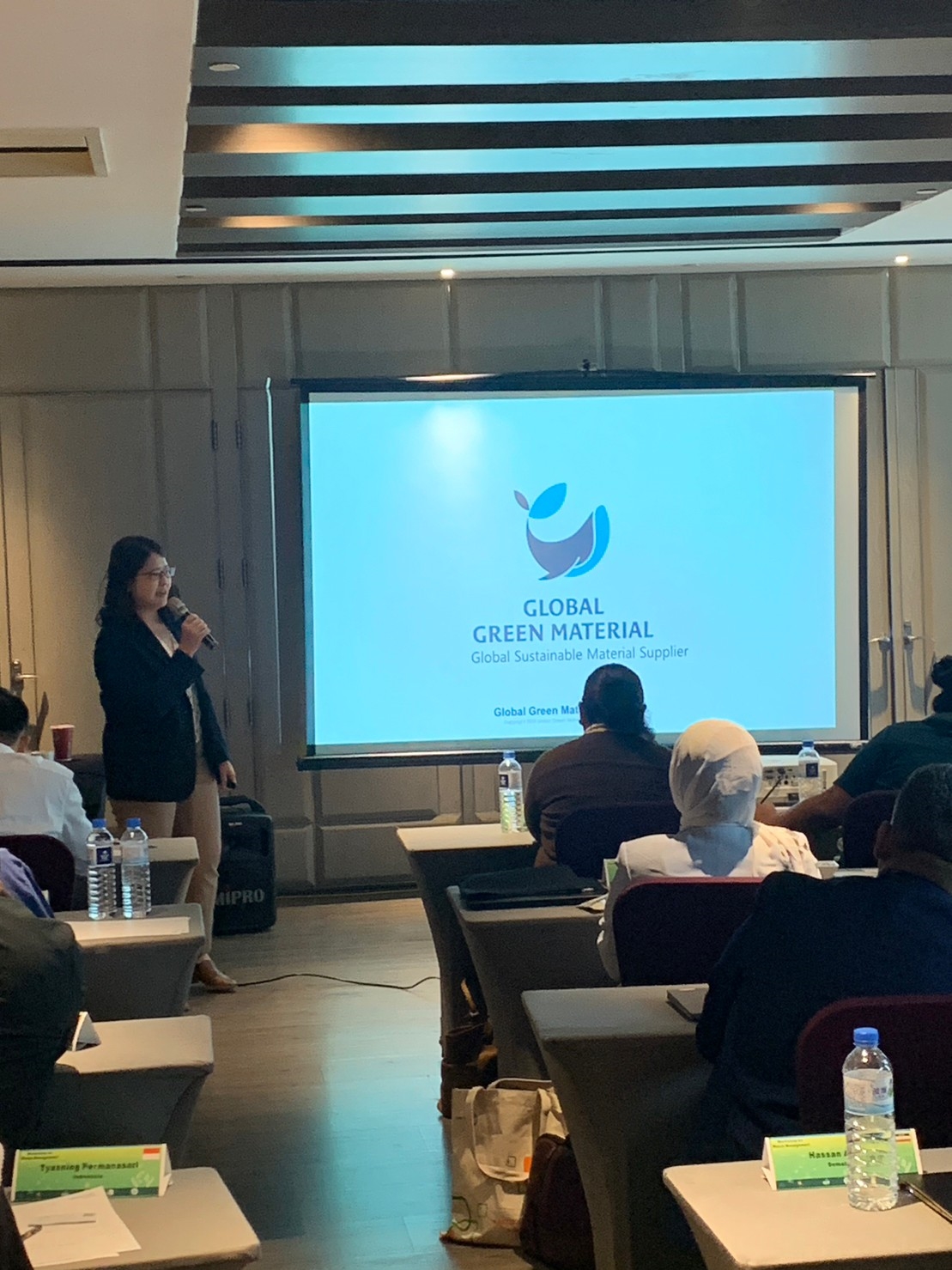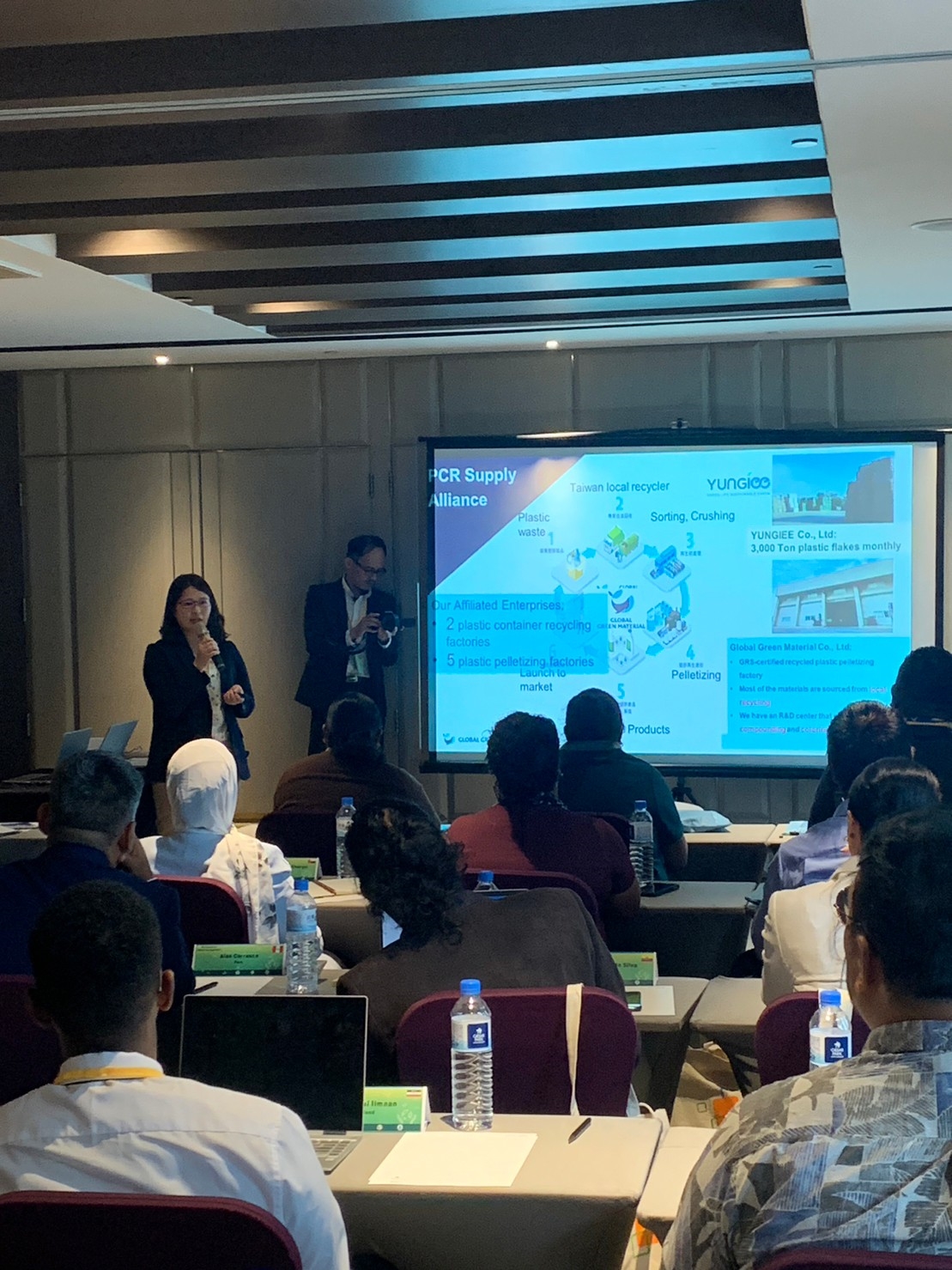News
2023/07/10 Plastic/ Marine Debris/ Free the waste from the ocean
Plastic has undeniably played a significant role in enhancing our lives over the span of several decades, serving as an indispensable resource in numerous domains. On land, we have implemented the concept of extended producer responsibility to combat the pollution resulting from human activities. As an example, in 2022, the Taiwan Environmental Protection Agency (EPA) successfully collected 204 thousand tons of various plastic containers, including PET, PVC, PP/PE, PS foam, PS unformed, and PLV. These achievements demonstrate the positive impact of heightened public environmental awareness efforts throughout the years.
Nonetheless, the escalating concern regarding the detrimental effects of plastic waste on our oceans persists. The United Nations Environment Programme (UNEP) estimates that a staggering 10 to 20 million tons of plastic make their way into the ocean each year, inflicting severe damage upon its delicate ecosystem. This sobering reality highlights the urgency to address and mitigate the adverse consequences of plastic pollution on our marine environments.
During my recent visit to an innovative recycling facility called Global Green Material (GGM), I had the opportunity to witness firsthand the commendable efforts of the Ocean Protection Administration in their coalition to combat marine debris. GGM has established a highly efficient supply chain model aimed at eliminating marine waste through market-based approaches and transforming it into valuable resources. What truly impressed me was their solution for small islands, where establishing large-scale recycling facilities is often impractical.
GGM has developed a solvent recycling method that can be implemented within a compact container, providing a highly mobile approach for dealing with heavily polluted polystyrene foam retrieved from the ocean. Utilizing non-toxic and safe chemical solvents, this method reduces the volume of the foam by an astonishing 95% while increasing the processing capacity by 10 times, all achieved through low energy consumption and effective capability reduction.
This innovative approach not only addresses the issue of marine debris but also offers a practical solution for small islands that face unique challenges in waste management. By employing these cutting-edge techniques, GGM and the Ocean Protection Administration are taking crucial steps towards safeguarding our oceans and preserving their delicate ecosystems. Their dedication serves as a shining example of how we can tackle plastic pollution and work towards a more sustainable future.
It is indeed a significant challenge for manufacturers to ensure the authenticity of recycled plastic sourced from marine debris. However, I'm pleased to inform you that the Taiwan government has taken proactive measures to address this issue. They have established an official certification process, supported by TUV, which assists in verifying the source and authenticity of recycled plastic.
Global Green Material (GGM) has emerged as a pioneering recycling facility by becoming the first to receive recognition from both government sectors and private entities for their efforts in recycling marine debris. This recognition serves as a testament to the credibility and reliability of GGM's recycled plastic, providing manufacturers with the assurance they need to confidently utilize these materials in their production processes.
By implementing this official certification process, Taiwan's government has taken a crucial step in ensuring transparency and accountability in the recycling industry. It not only facilitates the usage of recycled plastic from marine debris but also promotes sustainable practices and supports the global fight against plastic pollution.
Author: Candy Cheng
original source:https://www.linkedin.com/pulse/plastic-marine-debris-free-waste-from-ocean-candy-cheng
#extendedproducerresponsibility #recycledplastic #marinedebris #greenmaterial #circulareconomy

